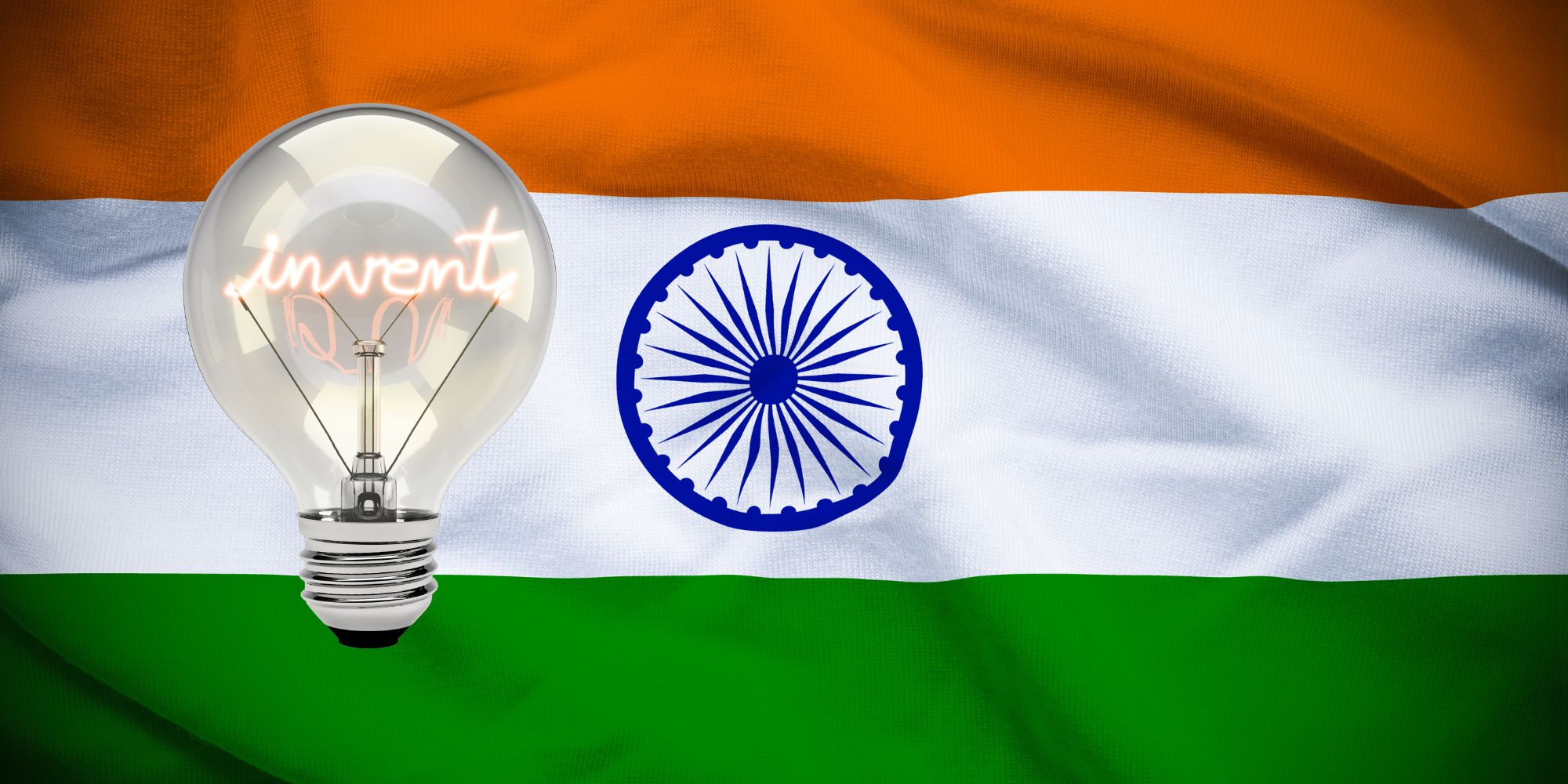India is a land of rich culture, history, and innovation. Over the centuries, the Indians have contributed to a wide range of inventions that have had a significant impact on the world.
From the ancient civilisations to the modern tech era, India has been at the forefront of groundbreaking innovations. Here are 8 incredible inventions that India has gifted to the world!
Top 8 Indian inventions that helped the world

1. Wireless telecommunication
When we think of wireless technology today, names like Marconi and Tesla often come to mind. However, India can claim to be the birthplace of this revolutionary concept.
Jagadish Chandra Bose, an Indian scientist and inventor, built the radio wave receiver known as the Mercury Coherer, which Guglielmo Marconi used to create the first two-way radio. In fact, Bose was the first person to publicly demonstrate the use of radio waves for communication in 1895.
Bose’s pioneering research on electromagnetic waves continues to influence technology today, from mobile phones to Wi-Fi.
2. Cataract surgery
India’s contributions to the field of medicine are numerous, and one of the most significant is the development of cataract surgery. Sushruta, a renowned Indian physician from the 6th century BCE, is often called the “father of surgery.” His work on cataract surgery was groundbreaking.
Sushruta devised a method for cataract extraction known as “couching,” which involved dislocating the clouded lens into the vitreous cavity of the eye.
Modern medical professionals still respect his pioneering surgical techniques, and his work was compiled in the “Sushruta Samhita,” a key text in Ayurvedic medicine.
3. Buttons
The seemingly simple button, found on nearly every piece of clothing, also traces its origins to ancient India. Dating back to the Indus Valley Civilisation around 2000 BCE, the earliest buttons were made from seashells and crafted into geometric shapes with tiny holes drilled into them.
These buttons were likely used for ornamental purposes, marking an early step in the development of the clothing industry. This invention soon spread across the globe and evolved over centuries, becoming the everyday fastener we all use today.
4. Shampoo
The world owes its introduction to shampoo to India dating from 1500 AD. Later, around 1762, in the eastern regions of the Mughal Empire, a traditional form of hair care was developed. The practice involved massaging the scalp with natural oils and herbs to cleanse the hair and promote relaxation.
The head massage, known as “chāmpo” in Hindi, eventually evolved into the modern concept of shampoo. The English word “shampoo” is derived from the Hindi word “chāmpo,” which in turn comes from the Sanskrit word “chapati,” meaning “to knead or massage.”
Sake Dean Mahomed, a barber from Patna, is credited with mastering the art of champi. This ancient Indian practice has revolutionised personal care and hygiene around the world.
5. Natural fibres
India is the birthplace of several natural fibres that have been used worldwide for centuries. The cultivation of cotton, jute, and wool has long been a part of Indian tradition. The finest wool, known as cashmere, comes from the Kashmir region, and it was used to create luxurious shawls.
Additionally, India is one of the largest producers of jute, which has become essential for making durable textiles, ropes, and sacks. These fibres have been integral to the global textile industry and continue to influence fashion and manufacturing today.
6. Board Games
India is the birthplace of some of the most iconic and intellectually challenging board games. Chess, known as “Ashtapada,” originated in India during the Gupta period around the 6th century AD. Initially played as a strategy game, it eventually evolved into the modern form of chess that we know today.
Another notable game is “Snakes and Ladders,” which was invented in the 13th century and originally called “Mokshapat.” This game was designed to convey moral lessons through its symbolism, where snakes represent sins and ladders represent purity. Both games have gained immense popularity in cultures around the world.
7. The USB (Universal Serial Bus)
In the realm of modern technology, India has made a significant contribution with the invention of the Universal Serial Bus (USB). Developed by Indian-American computer architect Ajay V. Bhatt, the USB is a portable device designed for storing, transferring, and sharing data between different devices.
Since its introduction, the USB has revolutionised data storage, making it easy to carry large amounts of information in a small, user-friendly form. Bhatt’s invention has become a cornerstone of personal and professional computing worldwide.
8. Yoga
Yoga is a practice that connects the body, mind, and spirit and has been an integral part of Indian culture for thousands of years. It is rooted in the ancient teachings of the Vedas and Upanishads. The practice includes physical postures (asanas), breathing exercises, and meditation, all of which contribute to improved overall well-being.
Over time, yoga has gained worldwide popularity due to its numerous health benefits, such as enhanced flexibility, mental clarity, and stress relief. Today, millions of people around the globe practice yoga, making it one of India’s most significant contributions.
Closing thoughts
India has a rich history of innovation that continues to impact the modern world in so many ways. These 8 inventions showcase India’s significant contributions to global progress from ancient surgical techniques to everyday devices. Each breakthrough highlights the creativity of Indian thinkers and proves of how diverse cultures can inspire and influence one another throughout history.










